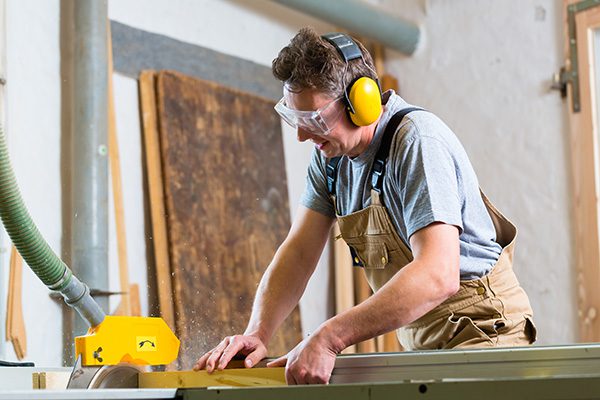How to Create a Hearing-Friendly Home Environment
Your home should feel comfortable for conversation, but hearing loss can


Your home should feel comfortable for conversation, but hearing loss can

Your hearing test results do much more than just tell you whether you have

When hearing becomes difficult, the right professional makes all the